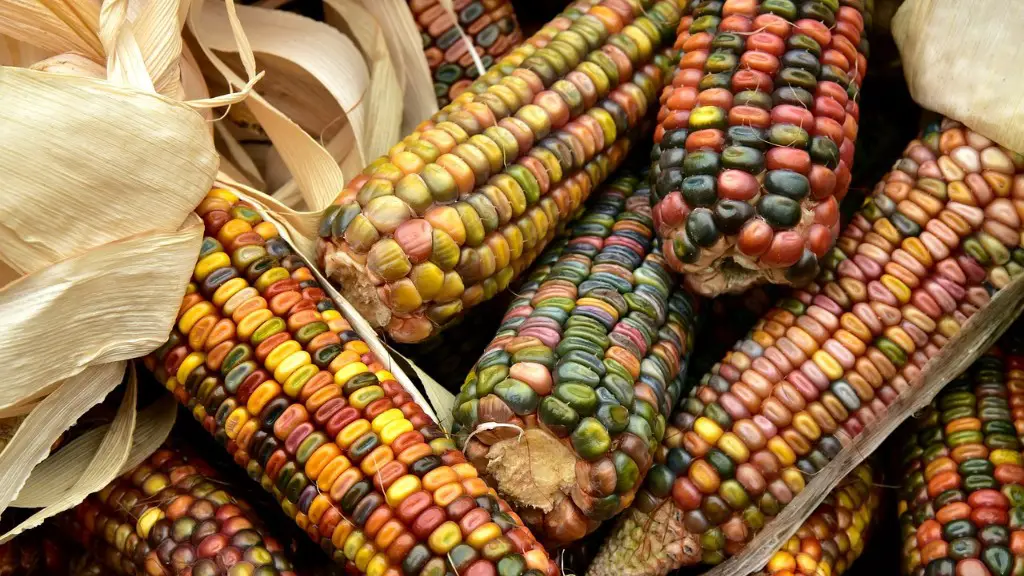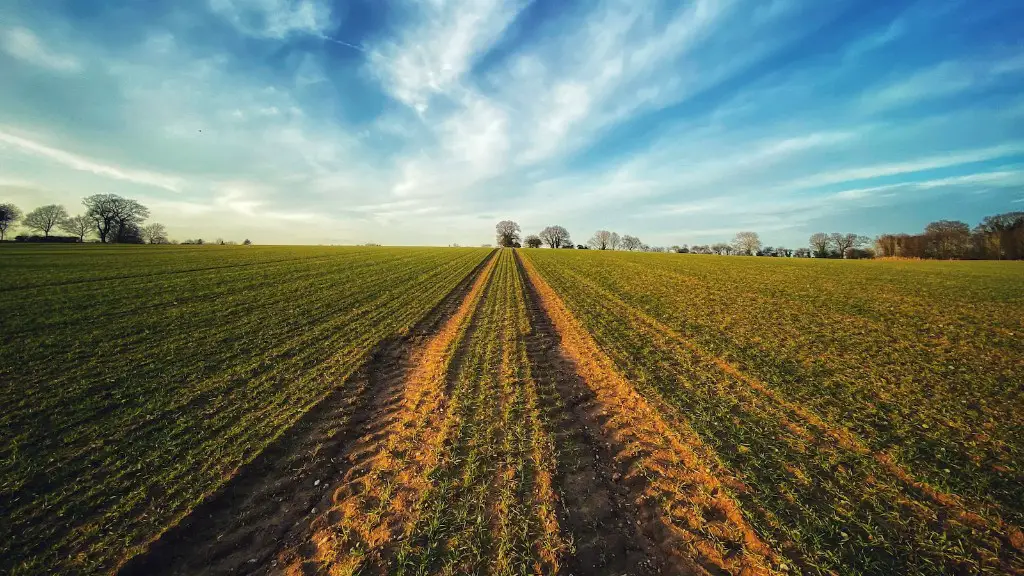Sustainable agriculture is an essential aspect of our environment, not only for its capability to maintain natural resources, but also to promote environmental quality, enhance soil fertility and increase crop productivity. Sustainable agriculture is a key factor in our planet’s climate resilience and the ability to provide a healthy, secure food supply. It’s something we have to do if we want to combat soil erosion, reduce carbon emissions, and protect biodiversity. Sustainable agriculture is a type of farming that focuses on long-term benefits, instead of short-term profits. It sees the cultivation of land and animals as a delicate balance that must be maintained in order to avoid environmental degradation and potential health hazards. Through sustainable agriculture, farmers and producers can produce enough food and other resources to meet current needs, without causing any damage to the environment or the planet’s future generations.
What is Sustainable Agriculture?
Sustainable agriculture is a form of farming that looks to minimize inputs of energy, water and land use, while also minimizing any negative impacts on the environment. This includes using crop rotation, applying efficient irrigation systems, and adhering to ethical animal husbandry principles. Sustainable agriculture also looks at farming practices in the broader context, such as preserving and protecting land, pollinators, soil, water and wildlife. Sustainable farming also works towards profitable yields and efficient harvest.
Benefits of Sustainable Agriculture
Sustainable agriculture can reduce both synthetic inputs and chemical runoffs. It can also maintain or increase farm profitability while protecting the environment. Sustainable farming practices can improve air and water quality, reduce soil erosion, reduce use of synthetic inputs like chemicals and fertilizers, promote biodiversity, and preserve local ecosystems. It can also maintain soil fertility and improve crop yields, while reducing the risk of crop failure. Additionally, sustainable farming practices have increased employment and income, creating new and improved forms of livelihoods.
Challenges of Sustainable Agriculture
Sustainable agriculture is a challenging task for farmers because of the high costs and labor associated with it. It is difficult to implement because it requires knowledge, skills, and investment. Additionally, many farmers don’t have access to the resources and technology necessary for sustainable farming practices. The lack of knowledge, financial capital, and other resources make it difficult for even the most committed farmers to practice sustainable agriculture.
What Can We Do to Promote Sustainable Agriculture?
There are various ways to support and promote sustainable agriculture. For starters, governments need to develop policies and incentives to support sustainable agricultural practices. Furthermore, farmers must be provided the resources and training they need to understand and implement sustainability-focused farming practices. Educating consumers can also go a long way in encouraging the use of sustainable agricultural methods. We can also support sustainable agriculture by promoting local producers, by growing our own food, or by purchasing organic products. Finally, we can support sustainable agriculture by supporting legislation that protects soil, water and wildlife, as well as incentivizes sustainable farming practices.
Organic Farming Practices
Organic farming is seen as one of the most important aspects of sustainable agriculture. Organic farming focuses on using natural substances and practices, seeking to reduce soil erosion, conserve water and reduce energy consumption. Additionally, organic farming can improve soil fertility and increase species diversity. Organic farming also requires crop rotation, which is a major factor in preserving soil health. Sustainable and organic farming practices can also help farmers maintain a healthy and profitable farm over the long-term. Ultimately, organic farming practices focus on promoting food security, and protecting the environment for future generations.
Sustainable Agriculture and Climate Change
Sustainable agriculture is an essential aspect of global climate resilience. It can help maintain local ecosystems and reduce the negative impacts of climate change. Sustainable agriculture can prevent soil degradation and maintain water resources. Additionally, some sustainable agriculture practices can reduce the use of synthetic inputs and curb greenhouse gas emissions. Sustainable agriculture practices, such as regenerative agriculture, can also sequester an estimated 12-15 percent of global emissions, while maintaining or increasing yields. Ultimately, sustainable agriculture can help maintain the health of our planet and secure a healthy future for all of us.
Role of Technology in Sustainable Agriculture
Technology can play an important role in promoting sustainable agriculture. Technology can help farmers improve their production outputs and reduce inputs like energy, water and land. Technology can also help farmers capture, analyze and share data to inform the use of sustainable agricultural techniques. The use of technology can play a key role in supporting farmers in developing and promoting sustainable practices, such as soil conservation and proper nutrient management. Furthermore, technology can help to reduce or eliminate the need for synthetic inputs, such as chemical fertilizers and pesticides, while also improving crop yields.


